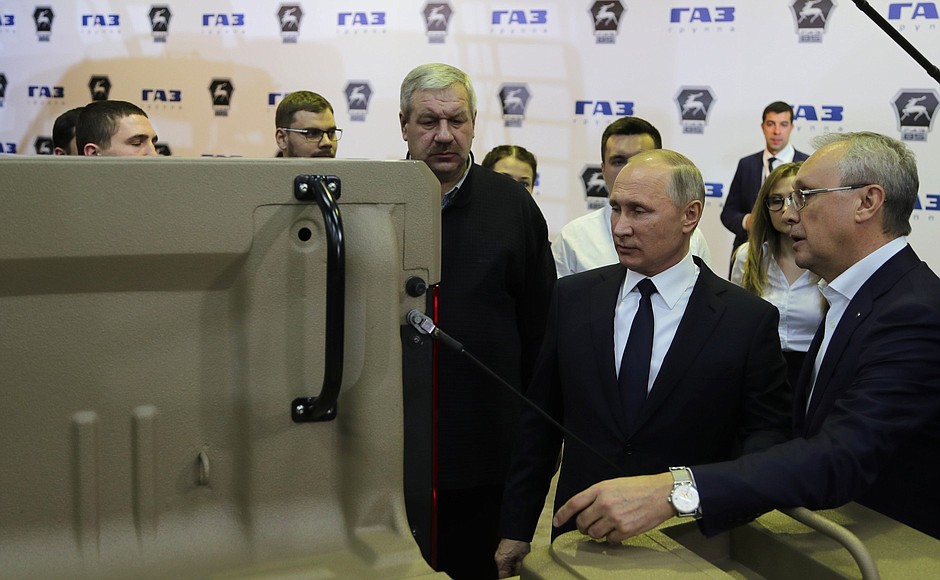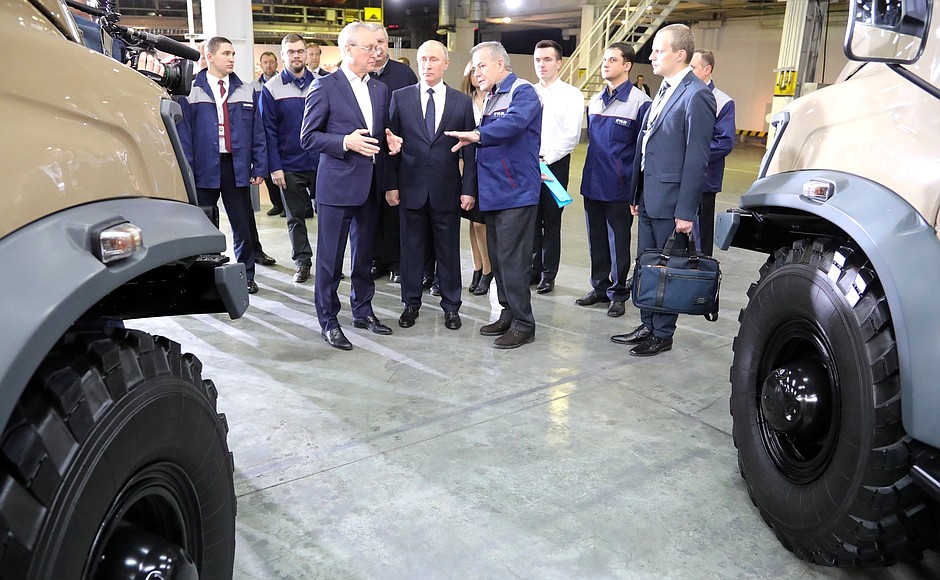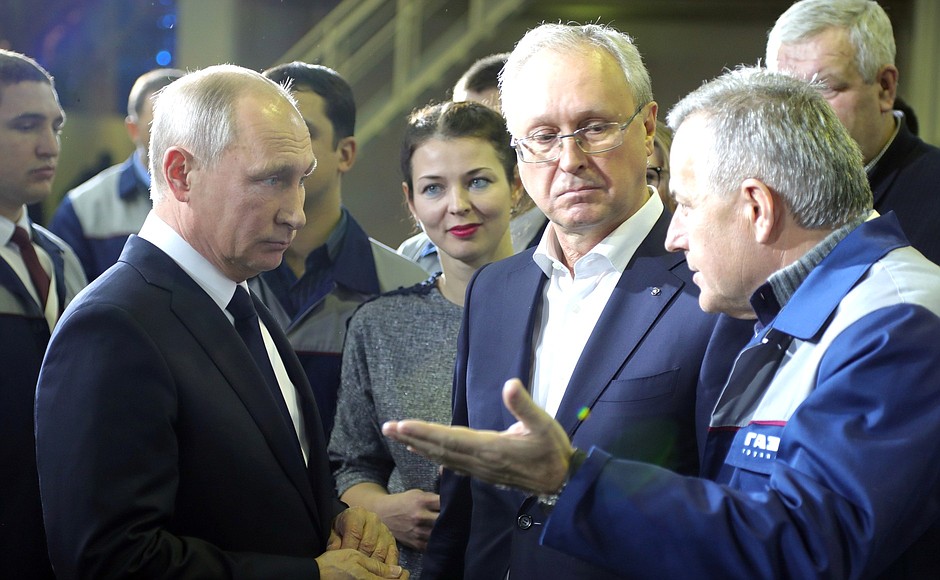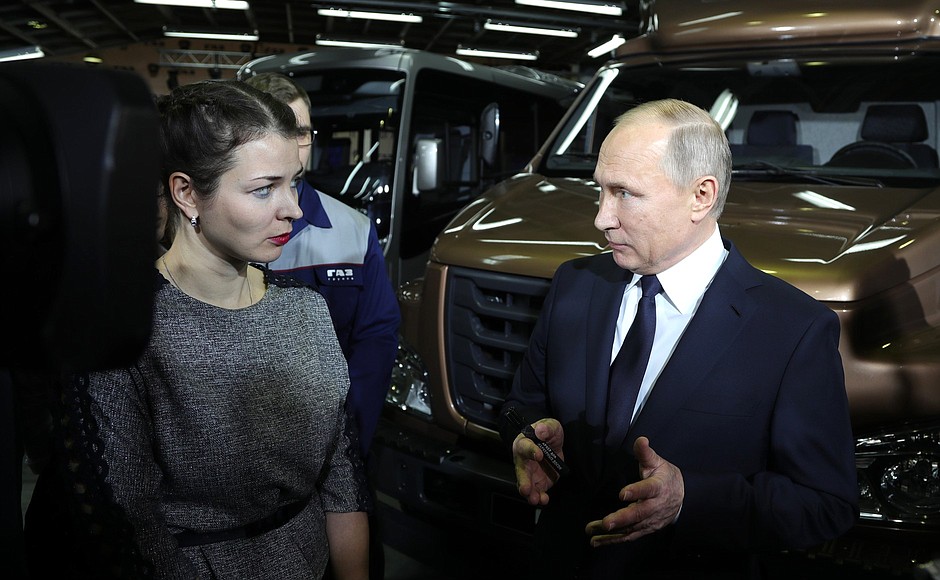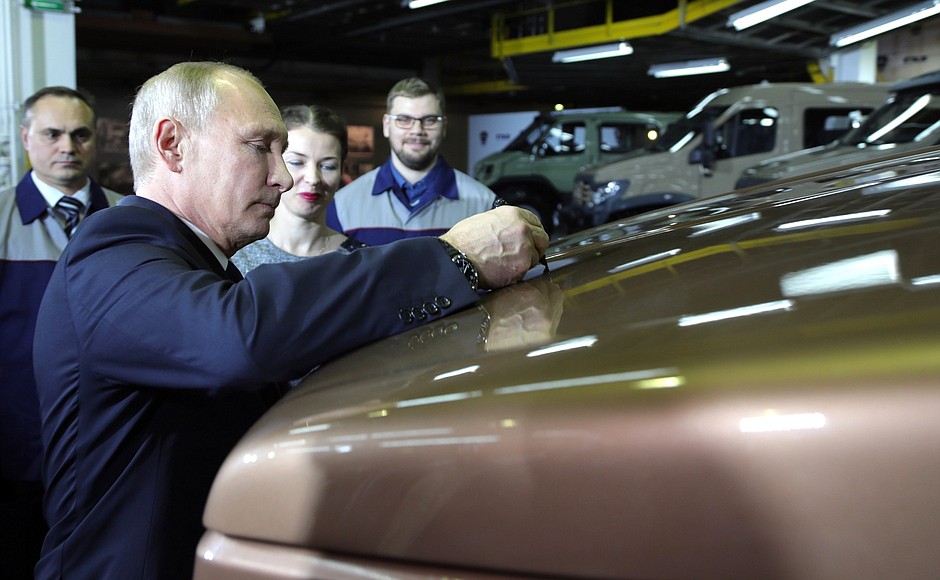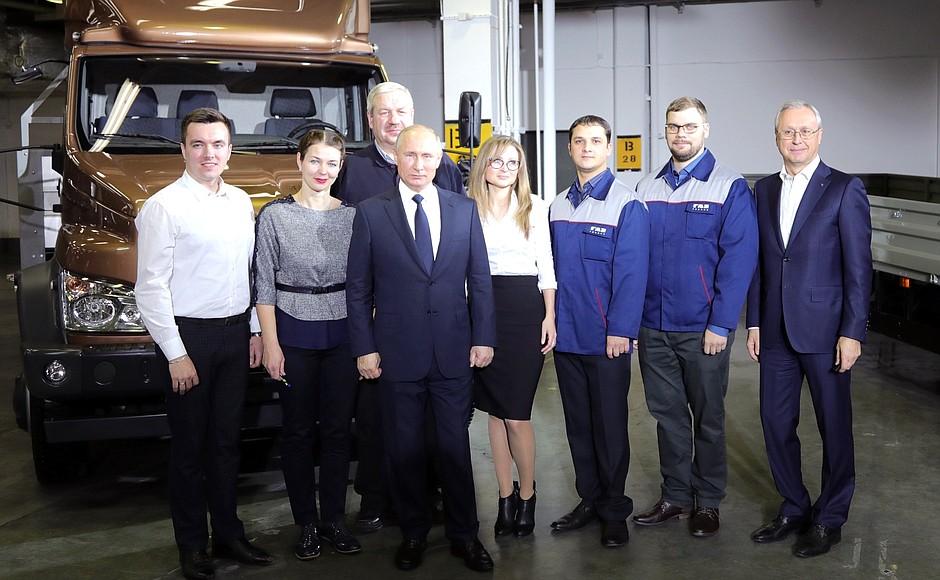Question: Mr President, our question is one we simply have to ask. We feel really bad about the decision of the International Olympic Committee yesterday. What are your thoughts on this? What will happen to our Olympians? How will everything be at the Olympics?
President of Russia Vladimir Putin: I already spoke about this, but now that we have the decision, I can repeat that the decision needs to be studied further, there are many subtleties that we need to understand, and we need to read everything that is written in this decision. That is what is important for us, to my mind.
First, we must admit that we are partly to blame for this, because we gave cause for it.
But I think that while there was cause, it was not handled in an honest way, to put it mildly. Why? Because, firstly, this is collective responsibility. Collective liability for offenses is not envisaged in any legal system in the world. This is my first point.
Secondly, most of the charges are based on allegations that are not proven and are largely unfounded. They are based mainly on the testimony of one person, whose morals and ethics and mental state raise a lot of questions. There is nothing else.
What is important? It is important that the commission concluded that there was no system of state support for doping in Russia. This is an important conclusion. But if this is so, then the question arises: why are our Olympians prohibited from competing under the Russian flag and Russian symbols, if there is no state support? Punish those who are to blame. And, secondly, if there is no state support for doping, then why cannot they compete under our national symbols? This, of course, is a big question.
However, there should be no doubt, we will not be announcing any kind of blockade, or preventing our Olympians from taking part in the Games, if some of them decide they want to participate in an individual capacity.
Many athletes, and I know many of them personally, have been training for this event all their lives. Not only did they spend the last few years preparing for it, they have been training for it throughout their careers, because the Games are so important to them. So, with this in mind, of course we will not prevent anyone from doing what they want, and we will not block anything, or come up with prohibitive requirements.
However, we still need to carefully review the decisions involved, read them, and be aware of all the details. Of course, it is up to the Olympic Assembly to take the final decision. I believe it is scheduled to take place one of these days.
I am also worried about our athletes. Many of them are not just people whom I know; I consider them to be my friends. I am very worried for them and support them. Each of them will probably need to make a decision.
These are not the only problems. First, compared to other athletes, our athletes will be checked three times as much. What does it mean for them and how will it be organised? During the previous Olympics, one of our athletes – a freestyle wrestler, I believe – was tested right before the event. They woke him up at night. He won, but then fainted. How will it be organised this time? We do not know.
Then, we do not quite understand how the team competitions will be organised. What symbols will they be wearing? This is also important.
Many other questions need answers. Ultimately, the athletes themselves will need to decide for themselves, each one of them: is it going to be a team or an individual performance, and who will participate and how.
The process is still ongoing. There is another threat. They may knock out our leading athletes one by one. What will we be left with then? A team of the third, fourth, or fifth best athletes? How will they go about it? They may tell us, ”We have just uncovered a doping problem. Here is the result. It is not there.“ This is not a fair or equitable approach, to put it mildly.
There is yet another problem – the so-called therapeutic use of medications. Say, our skiers sweat, pant and exert themselves and then a rival comes along and brings a pile of papers: One has a certain medical condition and another has something else. They are all ill. Maybe they should complete in the Paralympic Games? No, they all compete here and they use medications that are off limits to others. They have a clear advantage. For some reason, nobody pays attention to this. It is also allowed [to take medications] after an operation. In other words, there are a lot of exemptions, which is not conducive to natural, fair competition.
As for past competitions, including the Olympic Games in Sochi, I can tell you this: I have never set, for instance, the Sport Ministry or any other organisation and federation the task of winning the Olympic Games. There has never been such a task. We had a different, higher task: to prepare the Olympic Games and hold them in a fitting manner for our athletes, sport amateurs and all those who love sport all over the world. This was our main task. And we accomplished it brilliantly.
Let us recall how things were going ahead of the Olympic Games in Sochi. We have simply forgotten this. We quickly forget bad things. But how was it in reality? We constantly heard one and the same thing: Russia is not ready, Russia will not do it, Russia will not make it. And when everything worked out fine, when we did everything, another line of attack began: this is bad, that is bad, this is unfair, etc. Then there was meldonium. Nobody had said anything about meldonium. Everybody had used it all the time but then all of a sudden it was declared a banned substance and our athletes were getting disqualified.
All of this looks like a completely choreographed and politically motivated decision. We can see this. I have absolutely no doubt about it. The question is, what will the Olympic Assembly do, what decisions will it make? To reiterate, Russia will not block anything, will not cause any problems for those athletes who choose to compete on their own.
Question: Mr President, you have been shown our vehicles. What is your opinion – are we moving in the right direction? Did you like what you saw?
Vladimir Putin: You know, to answer this question, one has to study global market trends very thoroughly. What I know and what I see shows that your managers are on the right track. You analyse the market, study segments of this market, and based on this, decisions are made as to what models to produce, for what purpose and for what parts of the world. The number of vehicles that can be marketed is calculated and the needs of potential clients are taken into account. This is very important.
Frankly speaking, this practice was non-existent here in Soviet times because our market was closed, the economy was closed and we produced primarily for our own needs. And we needed everything, so quality was not a priority, quality was a secondary issue. There was no alternative anyway. At present, since our economy and our automotive industry have become a segment of the global economy, naturally, we have to compete on both the domestic and the global market with the best producers. GAZ is doing fine in this respect. I am sure it will keep up the good work.
Remark: From the bottom of my heart, I would simply like to wish you health, strength and patience. We are very happy with the decision you have made today, really.
Vladimir Putin: Thank you.
What I heard at the volunteers’ forum was also important to me. They are all young, energetic people.
Remark: We also have a volunteer movement. We launched a volunteer action marathon for the 85th anniversary. We have several volunteer teams. We are carrying out socially important projects.
Vladimir Putin: What do you do?
Remark: Some help children at orphanages, as well as senior citizens. We restored the Alley of Glory that is associated with the Great Patriotic War. In other words, we have done high-value projects. We initiated this movement, Champions of Good Deeds, timed to coincide with the 85th anniversary of GAZ. We are also on trend.
Vladimir Putin: You know, this is very important for those who do this and those on the receiving end, as well as for society as a whole, because this sets a trend of good deeds and educates the entire society, all people, and sets the right path – what needs to be done and how and what direction to move in.
Remark: The situation is already changing, step-by-step; things are beginning to look different.
Vladimir Putin: Yes, the value system is changing and it is changing in the right direction, toward the humanisation of society. This is a very important thing. When all is said and done, perhaps this is the most important thing that constitutes the foundation of the volunteer movement and its results.
